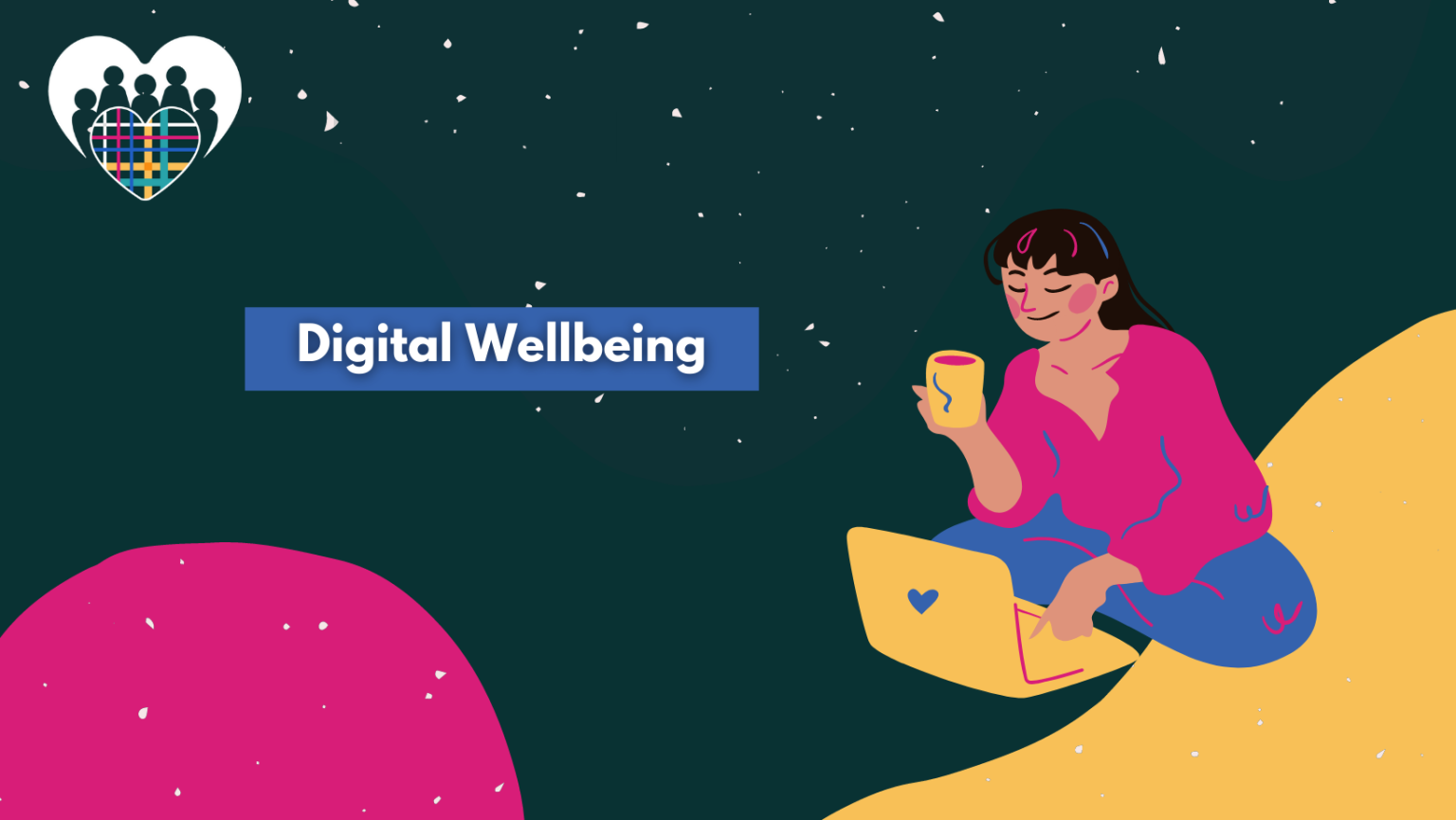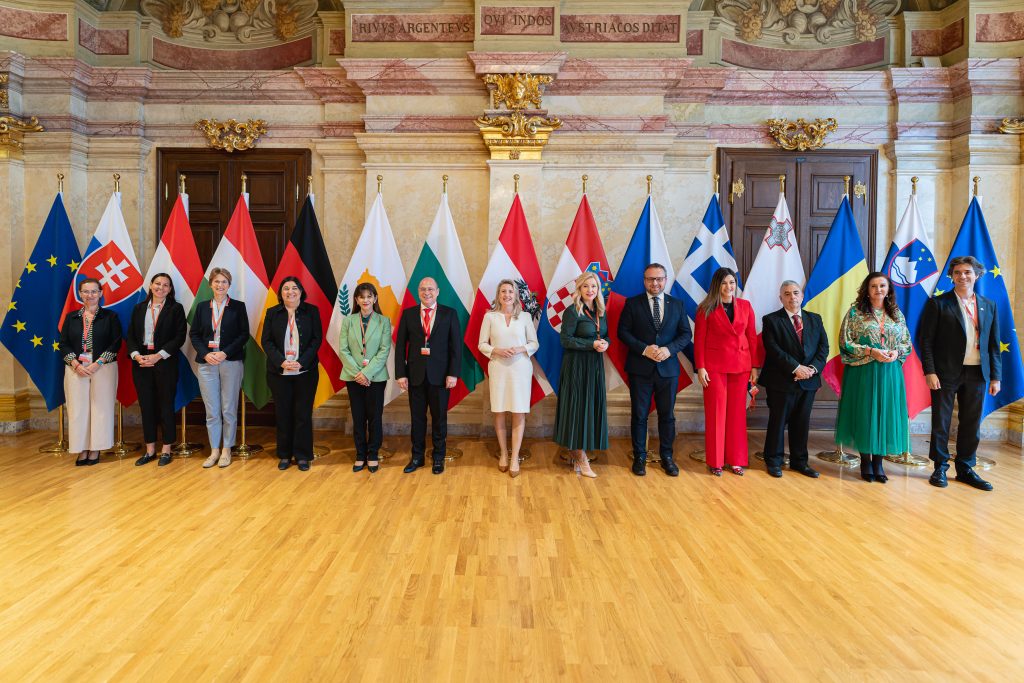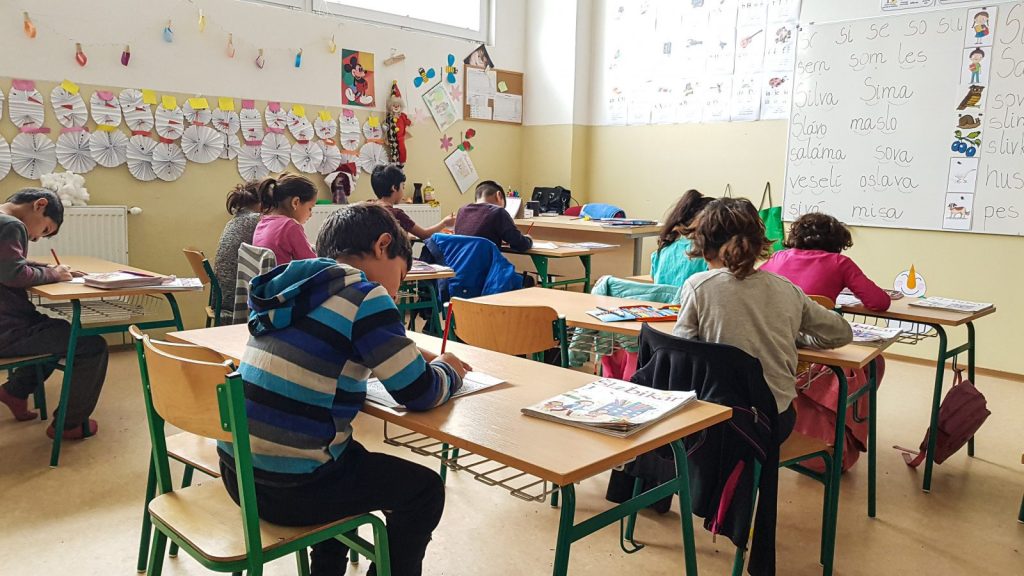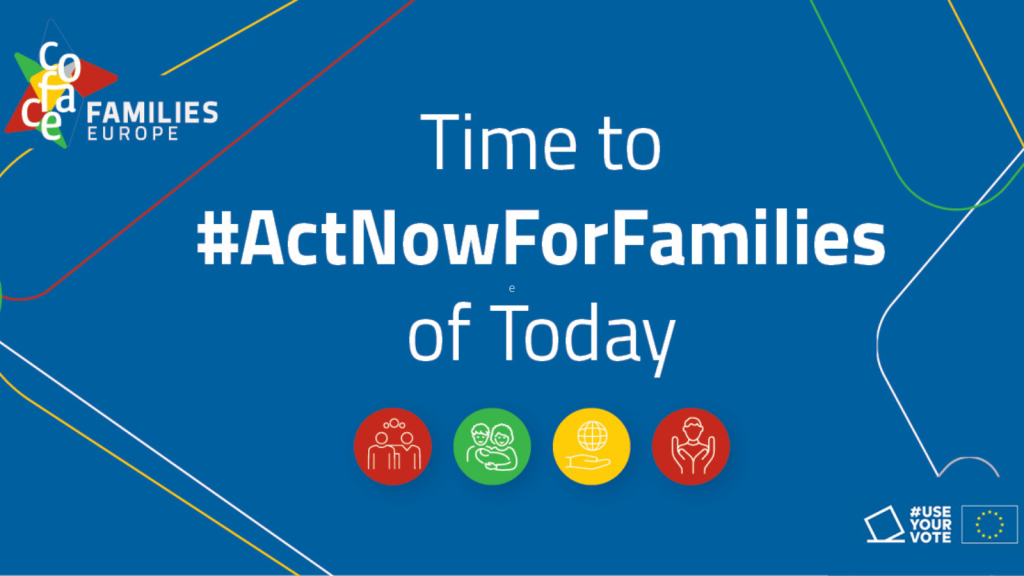The Scottish-based organisation Who Cares? ran a year-long digital wellbeing project bringing together four of their members to explore and develop resources on digital wellbeing. Who Cares? states that whenever we talk about digital wellbeing, we are referring to the effects that digital skills and technology have on an individual’s emotional, social, physical, and mental health. Digital wellbeing affects us all, and the last few years have shown us the highs and lows of being online during a pandemic.
At the beginning of their project, they defined what ‘digital wellbeing’ means for them: “Digital wellbeing means being able to reach your full potential by having your rights upheld, and a sense of belonging, empowerment, freedom and feeling loved. It describes how digital media can improve people’s mental, physical, social and emotional health. Understanding and removing barriers to accessing technology is key to digital wellbeing.” As part of the project, they launched a digital wellbeing survey which focused on three main themes: online safety, digital rights, and online relationships. The survey received 96 responses from 24 local authorities around Scotland. From their findings, Who Cares? created a toolkit of resources that includes a report, podcast, reflective videos, blogs, a relationship mapping tool, and a storybook about rights.
Their report highlights the outcomes of the survey. Firstly, 65% of participants feel safe online, 80% know their digital rights and 40% of respondents said digital media is very important for maintaining relationships online. Furthermore, the main dangers identified online were cyberbullying and facing stigma, fraud and harassment. Lastly, 31 responses mentioned that connecting with people online makes them feel good. One of the interesting and creative tools Who Cares? developed based on their findings is a children’s storybook called ‘Dave the Digisaur’. It educates children and adults about children’s digital rights and their importance.
Read more about the project here.





